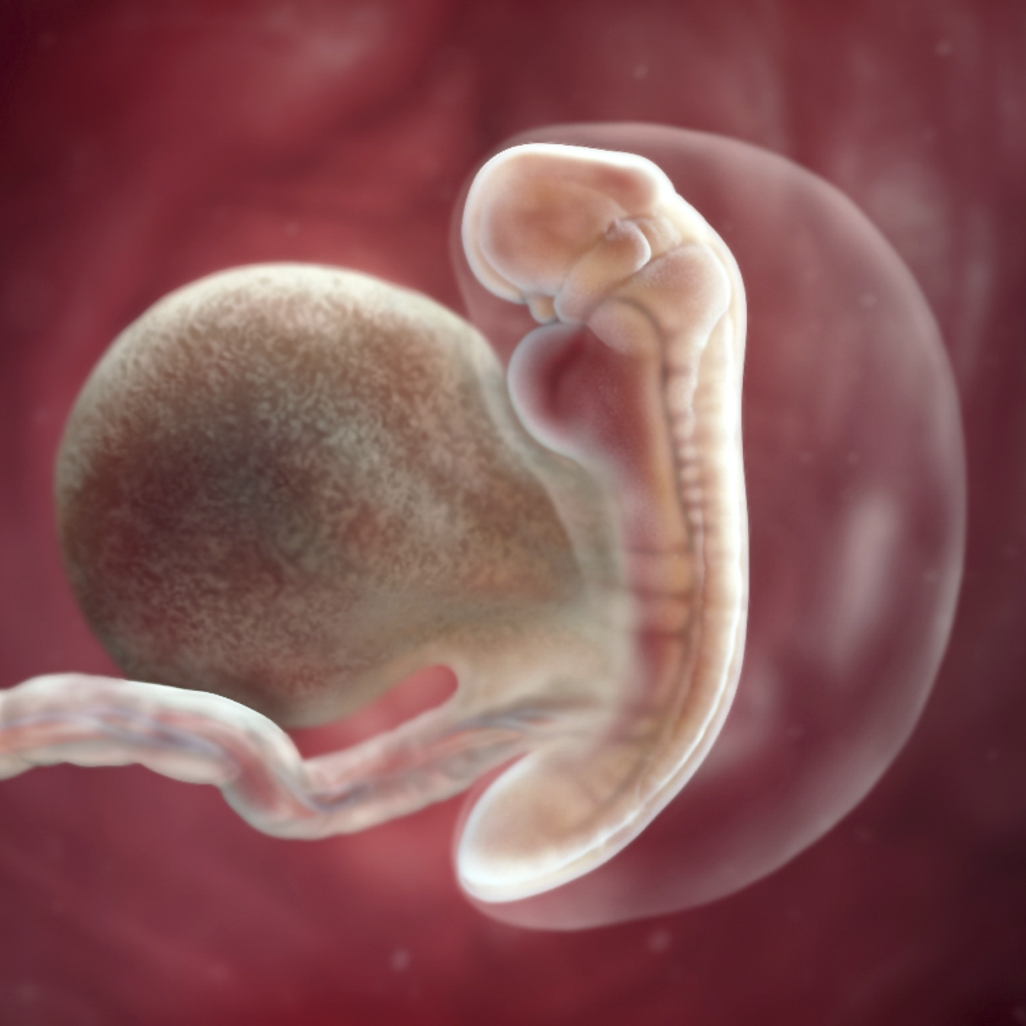
Highlights this week

Baby development at 5 weeks



Your baby is about the size of a sesame seed



BabyCenter's editorial team is committed to providing the most helpful and trustworthy pregnancy and parenting information in the world. When creating and updating content, we rely on credible sources: respected health organizations, professional groups of doctors and other experts, and published studies in peer-reviewed journals. We believe you should always know the source of the information you're seeing. Learn more about our editorial and medical review policies.
ACOG. 2021. How your fetus grows during pregnancy. American College of Obstetricians and Gynecologists. https://www.acog.org/womens-health/faqs/how-your-fetus-grows-during-pregnancy [Accessed August 2022]
Mayo Clinic. 2021. Fetal development: The 1st trimester. https://www.mayoclinic.org/healthy-lifestyle/pregnancy-week-by-week/in-depth/prenatal-care/art-20045302 [Accessed August 2022]
MedlinePlus (ADAM). 2019. Fetal development. https://medlineplus.gov/ency/article/002398.htm [Accessed August 2022]






